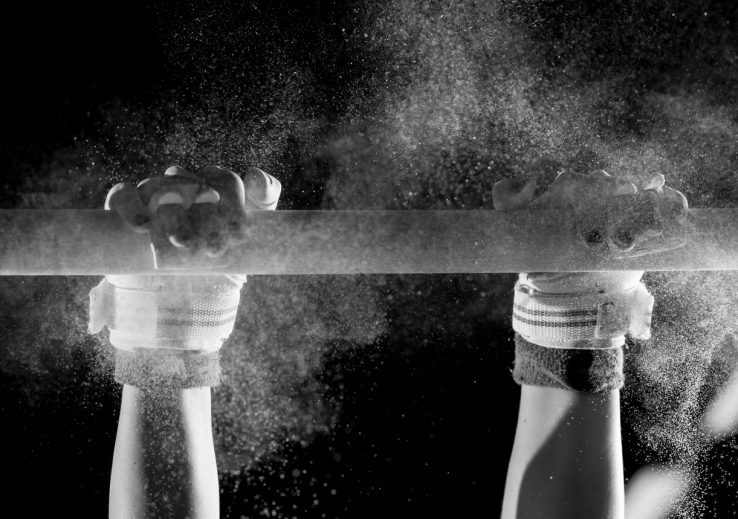
A qualitative study of 24 retired Olympic athletes from 12 different countries, found that experiences of failure and loss may actually help them adapt to a new retirement lifestyle and declining body.
The study also sheds light on the concept of a retirement identity, something that researcher Michelle Pannor Silver, an Assistant Professor at the Institute of Health Policy, Management and Evaluation, is exploring further as a large number of the population reaches retirement age.
“We are seeing a huge gap between life expectancy and traditional retirement age,” says Silver who is also an Assistant Professor in Sociology and the Interdisciplinary Centre for Health and Society at the University of Toronto Scarborough. “Among Olympic athletes, the retirement age in sport can be as young as the late teens or early twenties.”
Athletes retire young for multiple reasons, some because of injury, some because they want to exit the sport at the top of their game, and some because they are pushed to do so by coaches and team doctors who see them on a downward trajectory in terms of fitness and winning potential. Yet once retired, they need to find ways to reengage with society following their transition out of sport.
After meeting many former athletes at the Pan-Am Games held at the University of Toronto Scarborough Campus in 2015, Silver started a project with athletes that identified as retired to learn more about their retirement experiences. “I took a narrative approach, which is to say, I would ask them to tell me about their life story, starting from when they first started out in their sport, up through to the peak of their career, and then ask them to focus on their transition to retirement and what came afterward,” said Silver.
Many of the former athletes she interviewed talked about their struggle to return to the “normal” world, especially those that started in their chosen sport as young as four years old. The physical, social and emotional sacrifices they made, coupled with the overarching desire to be the best in the world, often creates a disruptive frame of mind for those whose high performance lifestyle has suddenly been taken away.
“It was very surprising to hear how these individuals would describe themselves as failures and foreigners in their own bodies when they retired,” said Silver.
One gymnast was quoted as saying “all of a sudden my name is still the same, but I am not a gymnast anymore.” Being physically strong, and experiencing the routine of training were closely tied to how she had viewed herself for the majority of her life. “Many of the athletes I interviewed developed chronic pain and struggled with the need to adapt to their changed physique,” said Silver.
For those who experienced an adrenaline rush from the success of placing first in competition, they needed new outlets. One former judo player who pursued a career as an advertising executive explained that although he was experiencing success, he did not feel one tenth of the adrenaline rush that he used to feel when competing in sport.
“The notion of loss, in terms of lost physical ability and of not having a central focus on winning all the time, was a very new concept for many of them to learn,” said Silver.

Retirement is by and large a social construct, not an innate stage in human development. Silver points out that society’s perception of retirement as an endpoint can create negative mental and physical health impacts on the retiree.
“As we age, everyone will need to learn to adapt to physical decline, much in the same way that athletes must learn to recalibrate their lives when they are no longer in competitive sport,” said Silver.
Understanding that loss and failure is only a liminal point in a journey, is helpful for athletes moving into a different stage of life. It is also a valuable lesson for an aging society facing decline.
“We need to learn to think of retirement as a liminal stage and move away from thinking of it as an exit point from productive living,” said Silver.
Key concepts from this study are further explored in Silver’s new book, which was edited with the help of IHPME Ph.D. student Lydia Sequeira, entitled “Retirement and Its Discontents: Why we won’t stop working, even if we can” forthcoming in 2018 with Columbia University Press.
Related News

Sign up for IHPME Connect.
Keep up to date with IHPME’s News & Research, Events & Program, Recognition, e-newsletter.
Subscribe to Connect Newsletter
Get in Contact
Communications
Marielle Boutin
Email Address: ihpme.communications@utoronto.ca





